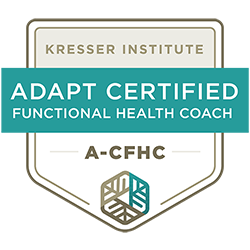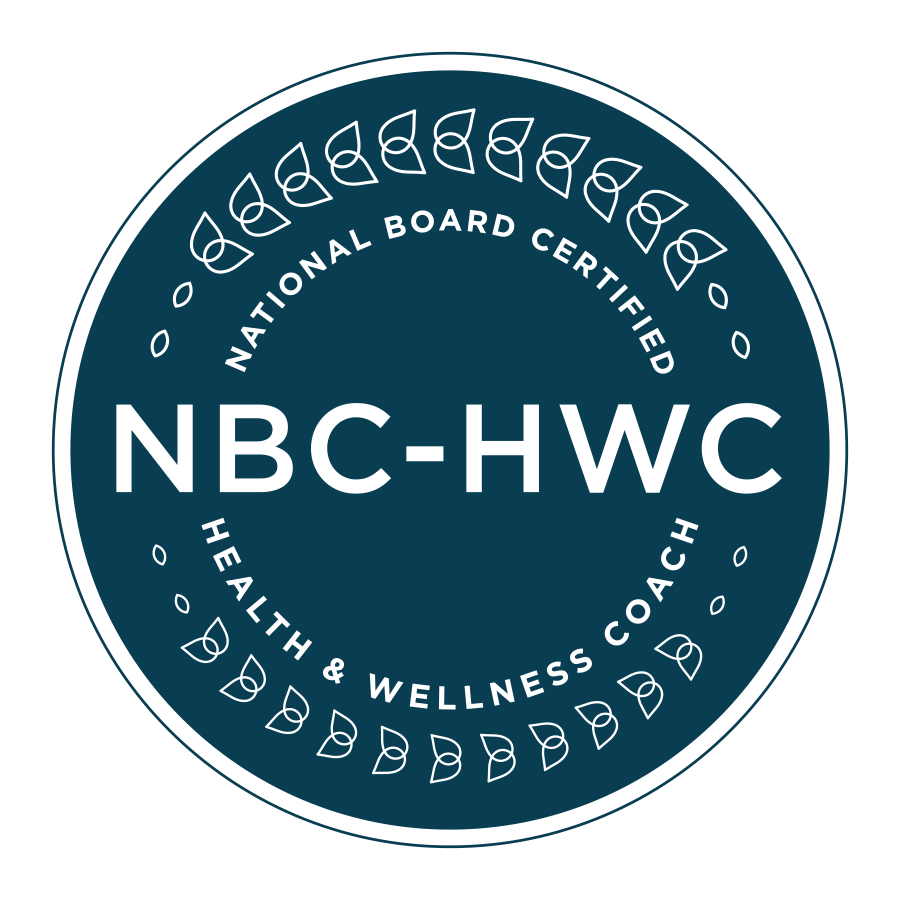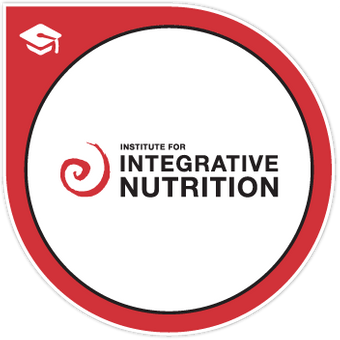When you’re short on time, but want to reach for a snack that’s full of real food and is nutrient dense, try out these delicious treats.
These leek and mushroom quiche cups are simple to make and take 10 minutes to prepare, and another 30 minutes to cook.
I usually make them in a batch on a Sunday. and keep them in the fridge for a few days.
What’s your “why”?
Mindset might be the last thing you’d expect to read about in a recipe for tasty quiche cups.
It’s important, though.
This is one example of the real food choices you can make to help you experience success and thrive without the burnout.
Focusing on eating real food was also a key foundation for me to reverse my autoimmune disease, psoriasis – the same foundations that helped me achieve a sense of authentic success.
My reasons are unlikely to be your reasons. So, as you’re thinking about this recipe, I encourage you to ask yourself:
- Is it to eat something tasty?
- Perhaps you know you’re busy and it’s something to add to your quick and healthy snacks list.
- What if this might be the start of how you see yourself and your success as a professional?
What might you being successful without the burnout allow you to do that you can’t do now?
 Eggs from pastured hens have up to 10 x more omega-3 than factory / CAFO raised hens, and are higher in Vitamin B12 and folate. Organic eggs also won’t be chock full of pesticides, antibiotics and hormones that will disrupt your body’s systems.
Eggs from pastured hens have up to 10 x more omega-3 than factory / CAFO raised hens, and are higher in Vitamin B12 and folate. Organic eggs also won’t be chock full of pesticides, antibiotics and hormones that will disrupt your body’s systems.
If you have an autoimmune condition
If you have an autoimmune condition, you might be someone for whom nightshades cause issues. If so, you can swap the red peppers for mushrooms.
If you like eggs, you can also try making these:
- boiled eggs that are nice to your nose! These are great when made ahead of time, so you can keep a stash in your fridge on a Sunday evening ready for your week’s snacks. You’ll have no problems eating them in your office or at home, as this recipe ensures you don’t cause a stink around you!
- perfectly poached eggs that’ll rival a Michelin-starred restaurant.
Making your tasty treats
Ingredients
12 eggs. Free range and organic and pasture-raised are preferable, but don’t sweat it if you can’t get them.
3 oz / 85 g red pepper that you’ve finely chopped. Alternatively, use mushrooms.
4 oz / 110 g broccoli finely chopped. Alternatively use leeks, thinly sliced (slice your leek length-ways in half first, and then thinly slice).
1/4 cup or 60 ml Greek yoghurt (full fat). (Optional. If you leave out the yoghurt, don’t worry. Your quiches will be slightly less most, but still delicious.)
1 tsp dried sage
3 tsp dill (fresh or dried), or other herbs of choice.
1/2 tsp Freshly ground pepper
2 oz / 55 g mature cheddar, or a blue cheese if you prefer something stronger. (Optional)
1/2 tsp Salt. Add 1 tsp salt if you’re omitting the cheese.
Experiment with herbs and spices
Herbs and spices are the most nutrient dense foods we can eat. The recipe uses dill and sage.
I’ll usually follow a recipe for the first time, and then after that I tend to try out the same recipe, but with different herbs and spices.
I encourage you to experiment with herbs of your choice, like parsley, coriander and oregano. Fresh herbs will give you a punchy flavour, but dried herbs are excellent too.
Preparation
Place your veggies of choice and cheese (if you’re using it) in a bowl. Mix well.
Take a 12-cup muffin pan. I usually place greaseproof cake cups in them, but you can omit if you’re using a muffin pan that won’t stick.
Divide your mixed vegetables evenly between the 12 cups.
In the same bowl, mix your eggs, herbs, Greek yoghurt (if using), salt and pepper.
Fill each vegetable cup with your egg mixture. Each cup should roughly fill up to the top.
Bake in an oven at 190 C / 395 F for 30 minutes until the quiches are puffy and browned.
You can check if they’re ready by poking them with a cocktail stick or skewer. If it comes out clean, they’re ready!
Enjoy!
Storing to eat later
If you want to keep your quiche cups as snacks during the week, allow them to cool first, and then put them in a glass container in the fridge.
Eggs: why free range and organic and pasture-raised?
If you tolerate eggs, they’re packed full of goodness.
My brain and stomach are always thankful for the 13 essential nutrients that are packed into the yolks of eggs (but they’re in the yolks only!): the B vitamins, vitamin E, vitamin D (from pasture-raised hens, but not conventionally-raised / CAFO hens), and choline.
Try to buy organic, free-range eggs when you can!
 In 2015, the U.S. Dietary Guidelines Advisory Committee finally aknowledged that there is no connection between dietary cholesterol and heart disease and no longer suggests restriction of cholesterol in the diet.
In 2015, the U.S. Dietary Guidelines Advisory Committee finally aknowledged that there is no connection between dietary cholesterol and heart disease and no longer suggests restriction of cholesterol in the diet.




